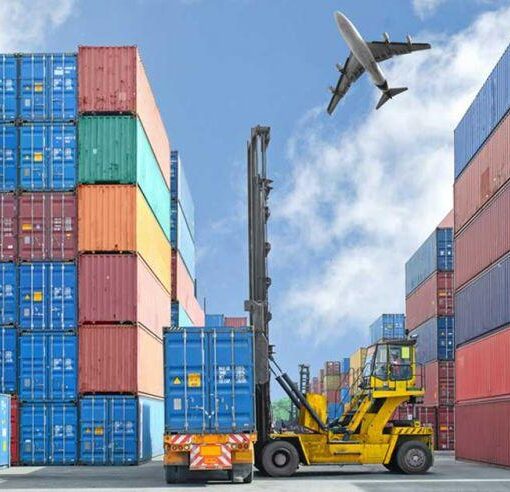The Costa Rican Network of Accessible Tourism showcased its global advocacy for plastic transformation and accessible tourism at the Pacific Leaders Summit “Rapa Nui 2024” in Chile.
The DONATAPA project, boasting over 185 tons of plastic collected, 477 meters of wooden plastic walkways built, 14 donated amphibious chairs, and the facilitation of 13 accessible beaches, served as a success story on the international stage.
With a primary focus on addressing the pressing issue of plastic and microplastic pollution in oceans, the summit convened leaders from various sectors with the shared goal of combatting this environmental menace.
According to the United Nations (UN), more than 400 million tons of plastic are produced annually worldwide, with half of it being single-use plastics and less than 10% being recycled. Consequently, between 19 and 23 million tons of plastic find their way into lakes, rivers, and seas each year, posing a significant threat to marine and human life.
In response to this global challenge, Costa Rican initiatives have emerged as exemplary models promoting the collection, recycling, and circular economy of plastic for the planet and its inhabitants’ benefit.
DONATAPA, in particular, distinguishes itself through its ongoing campaigns for awareness, sensitization, and training, advocating for proper waste collection and transformation to foster the creation of innovative products such as retractable walkways, amphibious chairs, and trash cans, among others.
The Network sought to forge strategic alliances with other organizations present at the Summit, aiming to expand and fortify its efforts and position Costa Rica as a vanguard in sustainability across all sectors.
Discussions at the summit encompassed a range of challenges, including global initiatives to end plastic pollution, protect marine life and the environment, and implement strategies for the prevention and reduction of plastics. Legal considerations and governance structures for ocean protection were also deliberated extensively.
The United Nations Environment Program forecasts that, if current trends persist, plastic production could contribute to 19% of total greenhouse gas emissions by 2040.
Costa Rica has reaffirmed its commitment to environmental conservation through its National Marine Debris Plan 2021-2030, which aims to mitigate land-based waste reaching the sea, including plastics, through collaborative efforts with various organizations and communities.
Source link
Tico Times



